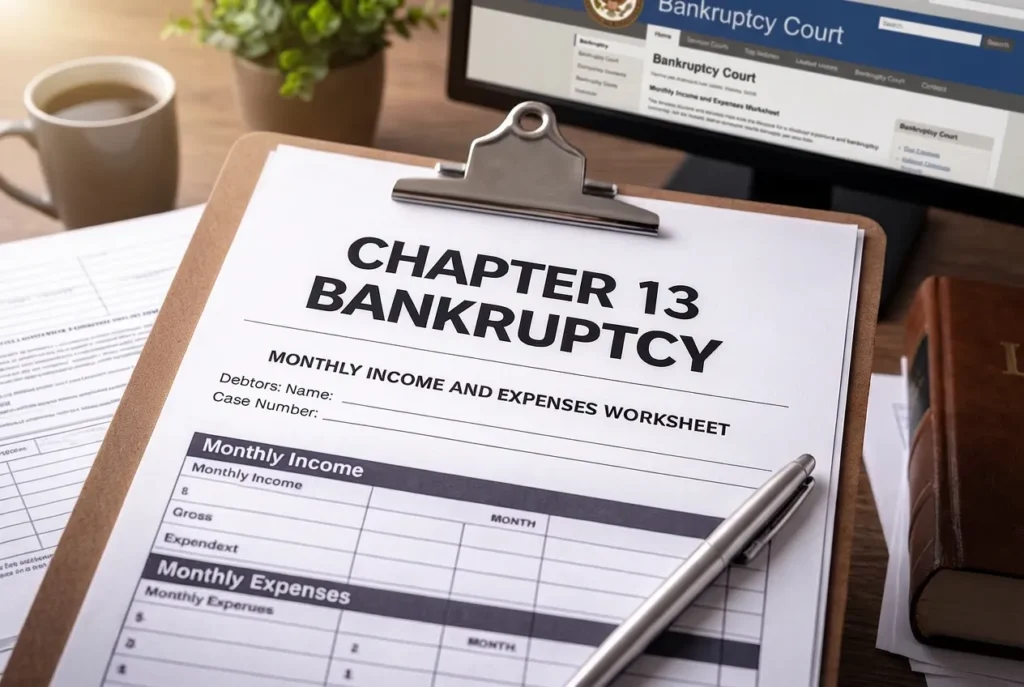Chapter 7 can give you a fresh start by wiping out qualifying unsecured debts and stopping most collection activity once your case is filed. I help you decide if Chapter 7 fits your goals and guide you from consultation to discharge.

The amount you pay into the plan is based on disposable income after necessary living expenses. Payments go to the Chapter 13 Trustee, who disburses funds to creditors according to the plan. Secured creditors and priority debts are paid first. General unsecured creditors often receive only a small percentage of the amount claimed, and any unpaid balance can be discharged after you complete plan payments.
Many clients appreciate that attorney fees are typically paid inside the plan after filing, reducing up-front costs. Self-employed or small-business debtors may deduct necessary business expenses when calculating disposable income.
In Chapter 13, you keep your exempt and non-exempt property. Rather than selling non-exempt property, the plan usually pays its value to unsecured creditors over time. This structure is often the better choice when you have assets to protect or need time to catch up on a mortgage or car.
Chapter 13 may allow a “cramdown” on certain secured debts when the collateral is worth less than what is owed. The secured portion can be reduced to the current value of the property, with the remainder treated as unsecured debt.
Rules and eligibility for cramdown vary. We will review how they apply in your case.
Office: 430 Church Street, Suite 2, Sulphur Springs, TX 75482. Serving Northeast Texas including Sulphur Springs, Mt Vernon, Mt Pleasant, Greenville, Paris, Commerce, Saltillo, Purley, Winfield, and Miller’s Cove.
This page provides general information, not legal advice. Results depend on your facts and the law that applies to your case.
Filing triggers the automatic stay, which generally stops most collection actions while your case is pending. A confirmed plan can catch up mortgage or vehicle arrears over time.
It depends on disposable income, non-exempt property values, and priority debts. Many plans pay unsecured creditors only a small percentage, with the remainder discharged at completion.
Often yes. If eligible, the plan can reduce the secured balance to the vehicle’s current value and adjust interest near prevailing prime-based rates, which may lower the monthly payment.
Priority debts such as recent income taxes and domestic support arrears must typically be paid in full through the plan. Ongoing mortgage payments continue as usual while arrears are cured in the plan.
Most plans run 36 to 60 months. At the end, if you have made the required payments and certifications, eligible remaining unsecured balances can be discharged.
Call (903) 439-5150 or request a consultation. We will review your goals, income, assets, and debts and outline the best strategy.